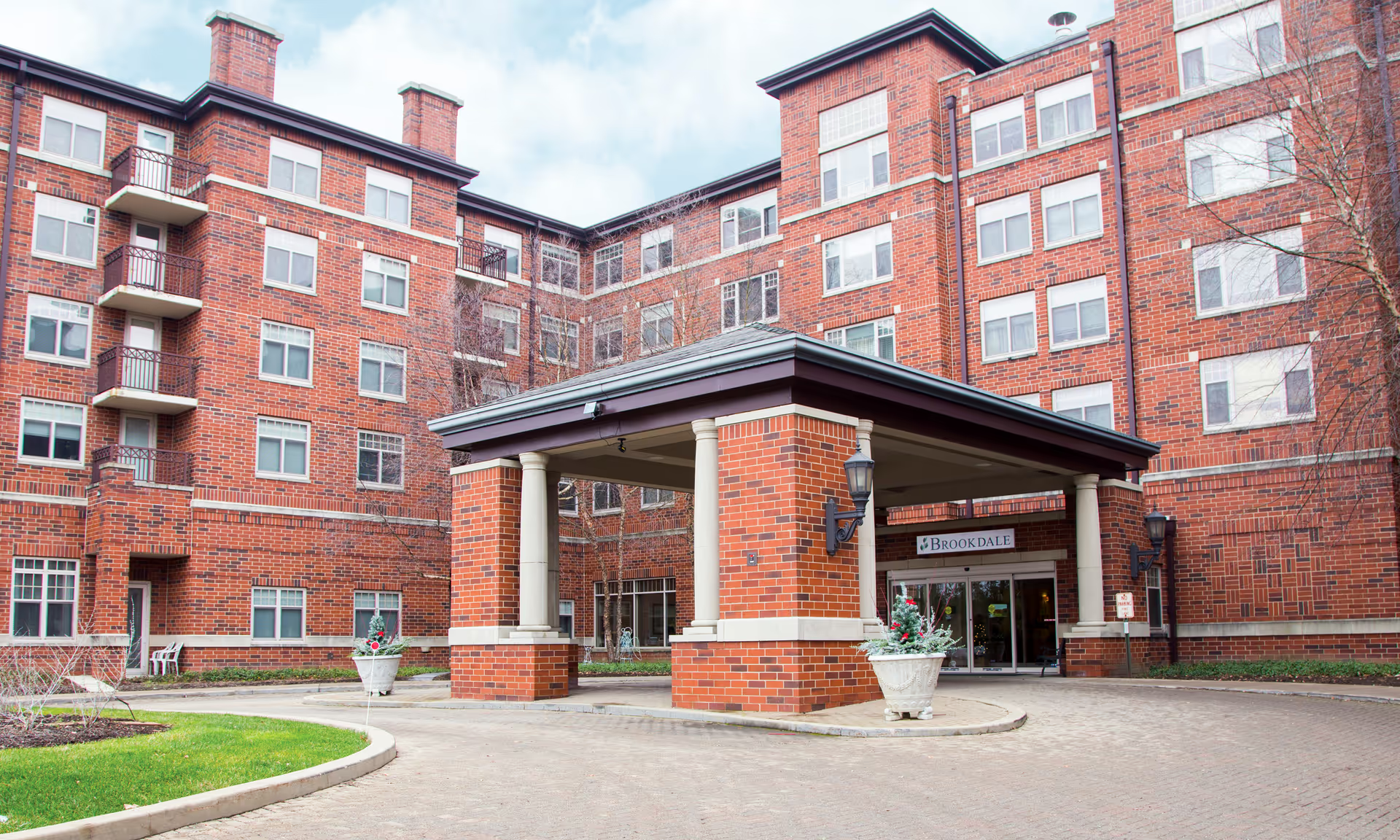The Oaks At Sweeten Creek sits in Arden, North Carolina, and provides care for adults aged 55 and older, focusing on assisted living and skilled nursing services, and what's nice is the meals are included, so residents don't have to worry about cooking every day, and the indoor common areas give everyone somewhere comfortable to gather, visit, or join in activities, because there's always something to do on-site, whether it's a group event or a chance for social time, while devotional services are offered offsite for those who want to stay connected to their faith. The staff includes CNAs, nurses, a Director of Nursing, an Assistant Director of Nursing, a caring Wound Care RN, an Administrator named Nita Davis, and a therapy department that helps residents recover after illness or injury, focusing on getting folks walking again and back to enjoying daily life, and the team tries to set up therapy to fit each person's preferences, even if that means starting in the morning. The team provides standby help for residents who aren't able to walk or who need assistance moving from bed to chair, and they can help manage blood sugar for diabetics and give extra support if someone is dealing with incontinence, though residents have to be able to handle their own needs. The Oaks has 100 certified skilled nursing beds and usually has about 70 residents a day, with staff who stay awake and ready to handle any emergencies at all hours. The place provides Alzheimer's and dementia care, along with short-term rehab programs and transitional care for those leaving the hospital. It's managed by Consulate Management Company III, LLC and had some changes in management with Timothy Lehner taking over in May 2024. The therapy department works to help residents recover and move at their own speed. The facility belongs to Consulate Health Care and is linked with several healthcare groups like Independence Living Centers, Nspire Healthcare, and Raydiant Health Care. The facility has a for-profit structure owned mainly by Centennial Healthcare Holding Co., LLC, along with other groups like Lavie Care Centers and LV Operations.
There have been some concerns found during health inspections, with 43 deficiencies on record, 3 of them connected to infections, and also some problems with getting food from proper sources, taking care of residents' feet, and filling prescriptions as needed. The nurse turnover rate is 59.5%, which is higher than the North Carolina average, and nurse staffing is a bit below the state average at 3.11 hours per resident per day. The facility has a special focus designation, which means inspectors are watching for improvements because of past quality issues, though it's not on any federal watchlist at this time. Staff members work to build a family-like community, and the therapy department puts effort into helping residents regain their mobility and independence, but it's good to look at both the strengths and areas where the facility could do better when making decisions.







